Party Institutionalization and Women's Representation in Democratic Brazil
Brazil's quality of democracy remains limited by enduring obstacles including the weakness of parties and underrepresentation of marginalized groups. Party Institutionalization and Women's Representation in Democratic Brazil theorizes the connections across those problems, explaining how weakly institutionalized and male-dominant parties interact to undermine descriptive representation in Brazil. This book draws on an original multilevel database of 27,653 legislative candidacies spanning six election cycles, over 100 interviews, and field observations from throughout Brazil. Wylie demonstrates that more inclusive participation in candidate-centered elections amidst raced-gendered structural inequities relies on institutionalized parties with the capacity to support women, and the will, heralded by party leadership, to do so. The book illustrates how women leaders in Brazil's more institutionalized parties enable white and Afro-descendant female aspirants to navigate the masculinized terrain of formal politics. It enhances our understanding of how parties mediate electoral rules, as well as institutional and party change in the context of weak but robustly gendered institutions.
{{comment.content}}
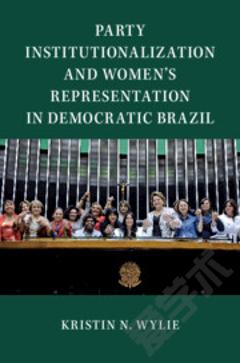
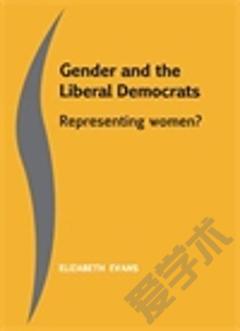
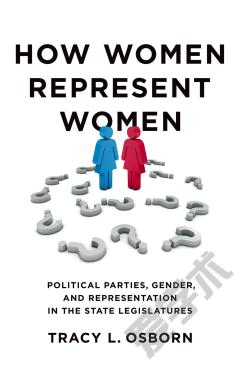

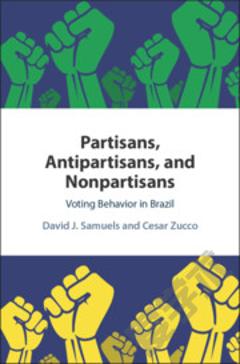

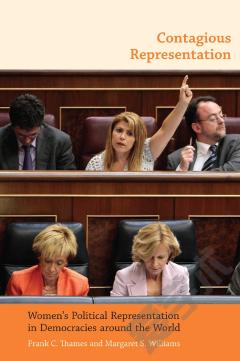

 京公网安备 11010802027623号
京公网安备 11010802027623号